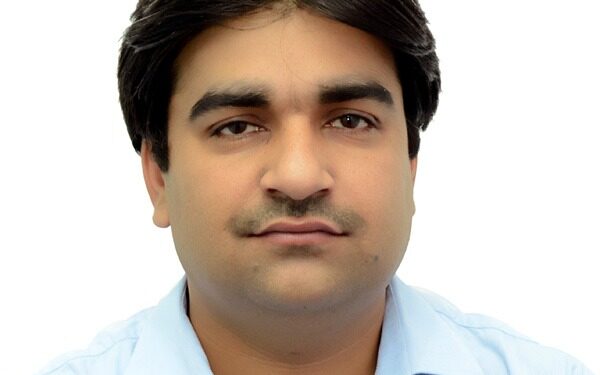Islamabad– The Society for the Protection of the Rights of the Child (SPARC) has released a statement calling on the government to raise the Federal Excise Duty (FED) on cigarettes by Rs. 39 per pack in the upcoming fiscal year 2025-26. This proposed hike is projected to generate an additional Rs. 67.4 billion in revenue, while also contributing to a reduction in tobacco use and promoting better public health.
Dr. Khalil Ahmad Dogar, Program Manager at SPARC, emphasized the need for decisive action, stating, “Pakistan must take bold measures to tap into substantial revenue potential while addressing the serious public health risks associated with tobacco use. A Rs. 39 hike in FED could yield Rs. 67.4 billion in total revenue—Rs. 58.2 billion from FED and Rs. 9.2 billion from GST. This income could be channeled into critical sectors such as healthcare, education, and child welfare.”
He further noted that research evidence from the February 2023 tax increase demonstrated the effectiveness of such measures. Cigarette consumption dropped by over 19%, while combined FED and GST revenue rose from Rs. 179 billion in 2022–23 to Rs. 298 billion in 2023–24, making it a clear win-win policy.
Dr. Khalil emphasized that cigarette prices in Pakistan are still lower than in many other countries. “There is clear evidence that higher tobacco taxes lead to reduced smoking rates and increased government revenue. Without immediate action, Pakistan risks adding 490,000 new smokers in the coming year,” he warned, urging the government to take strong measures to sustain progress and safeguard public health.
He further added that there is no change in FED since February 2023 and the decrease in the real price of cigarettes due to high inflation made cigarettes more affordable. Multinational companies exaggerate the share of the illicit market, frontloading and underreporting to evade taxes and to put pressure on FBR for tax reduction. Further, due to illegal brand switching of premium to the economy by one of the multinational companies cost 7 billion Rs. in 2024-25.
Dr. Khalil pointed out that the last major FED increase in 2023 led to a 19.2% decline in cigarette consumption, while raising tax revenue from Rs. 142 billion in 2022-23 to Rs. 237 billion in 2023-24. However, the lack of additional tax hikes has made cigarettes more affordable, undermining the positive effects of previous measures.
Pakistan is a signatory to the World Health Organization’s Framework Convention on Tobacco Control (WHO FCTC), which identifies taxation and pricing strategies as effective means to curb tobacco use. Article 6 of the convention urges member countries to adopt tax policies aimed at reducing tobacco consumption while also boosting public revenue. Several countries have successfully adopted these measures, directing tobacco tax income toward healthcare programs and anti-smoking efforts.
SPARC strongly calls on the government to make higher tobacco taxation a key priority in the 2025-26 budget. Raising cigarette prices will not only support economic development but also help save countless lives by reducing tobacco consumption. Implementing this policy would be a significant step toward building a healthier and more prosperous Pakistan.
PTCL Flash Fiber Wins Ookla Awards for Best Fixed Network and Best ISP Gaming Experience in Pakistan.
PTCL Flash Fiber : Islamabad, February 21, 2026: Pakistan Telecommunication Company Limited’s flagship broadband service, PTCL Flash Fiber, has been recognized...

























